At the cutting edge of education and advocacy, the International Human Rights Clinic is a force driving tangible change in human rights.
Action: We’re on the front lines, fighting for human rights and humanitarian protection through litigation, research, and unyielding advocacy. Working hand-in-hand with communities and partner organizations, we dismantle systemic injustices, effecting immediate and lasting change.
Education: We’re not just shaping lawyers; we’re cultivating ethical champions for human rights. Through immersive projects, mentorship, and profound reflection, we equip minds ready to confront today’s challenges head-on.
Innovation: We’re not content with the status quo. We’re trailblazers, constantly devising new strategies and technologies to tackle urgent human rights issues. Through dynamic teamwork and innovative problem-solving, we’re shaping a brighter, more just future, starting right now.
IHRC’s docket draws on clinicians’ established expertise and networks in six broad areas, while remaining responsive to emerging needs and the evolving field. Our practice spans: (1) accountability & remedies, (2) armed conflict & civilian protection, (3) climate justice & the environment, (4) gender, race & non-discrimination, (5) protecting fundamental freedoms, and (6) social & economic justice.
Students are involved in all aspects of their projects—conceptualizing goals and formulating strategies, interviewing witnesses and experts, researching and drafting reports, treaties, and legal briefs, and presenting findings before courts and international bodies. We employ a variety of lawyering methods tailored to the needs of each project, such as advocacy, strategic litigation, research and analysis, norm building and treaty drafting, and documentation and reporting. Project work is informed by clinical seminars that combine case studies, role plays, interactions with practitioners and community members, critical reflection, and workshops of clinical projects.
Clinical Human Rights Practice
The International Human Rights Clinic’s docket draws on clinicians’ established expertise and networks in six broad areas, while remaining dynamic and responsive to emerging needs and the evolving field. Our practice includes: accountability and remedies, armed conflict and civilian protection, climate justice and the environment, gender, race, and non-discrimination, protecting fundamental freedoms, and social & economic justice. The Clinic employs a variety of lawyering methods that are tailored to the needs of each project, such as research and analysis, advocacy, strategic litigation, norm building and treaty drafting, and documentation and reporting.
How to Register
The International Human Rights Clinic is offered in the Fall and Spring semesters. You can learn about the required clinical course component, clinical credits and the clinical registration process by reading the course catalog description and exploring the links in this section.
The clinic also offers a 3L-only clinic option in the fall (International Human Rights Clinic – 3L Leadership Training with Advanced Seminar). This option is for students who have already completed a semester of the International Human Rights Clinic. This option has an early drop deadline of June 1, 2023.
Meet the Instructors
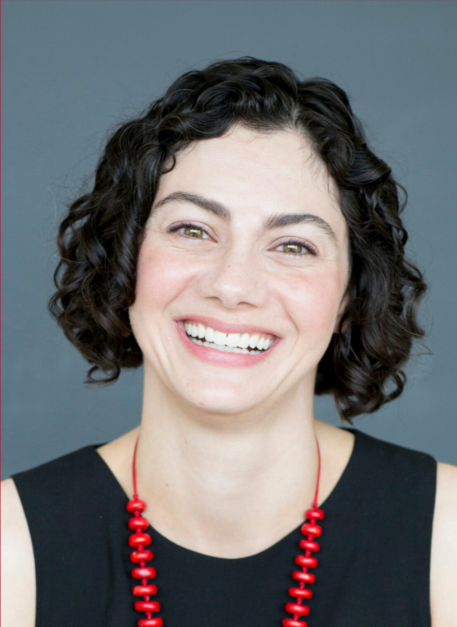
Susan Farbstein
Director; Clinical Professor of Law
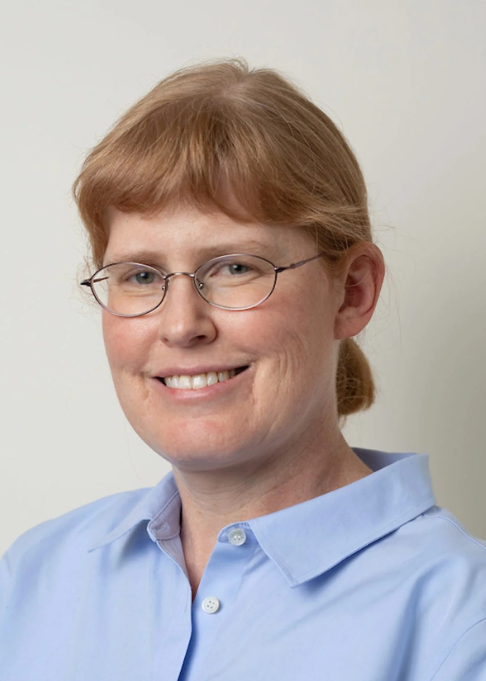
Bonnie Docherty
Associate Director; Lecturer on Law
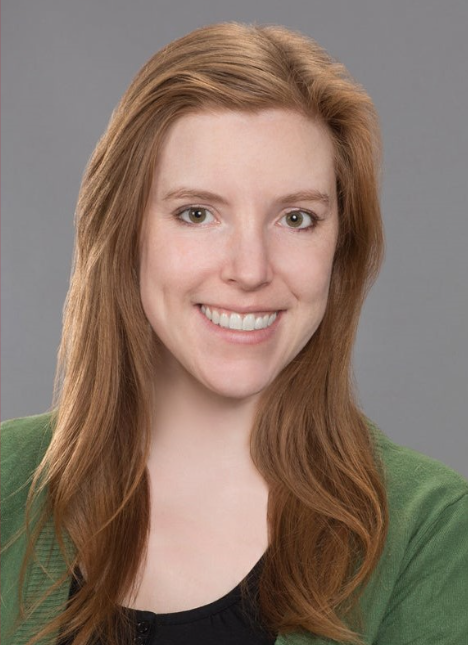
Anna Crowe
Associate Director; Lecturer on Law
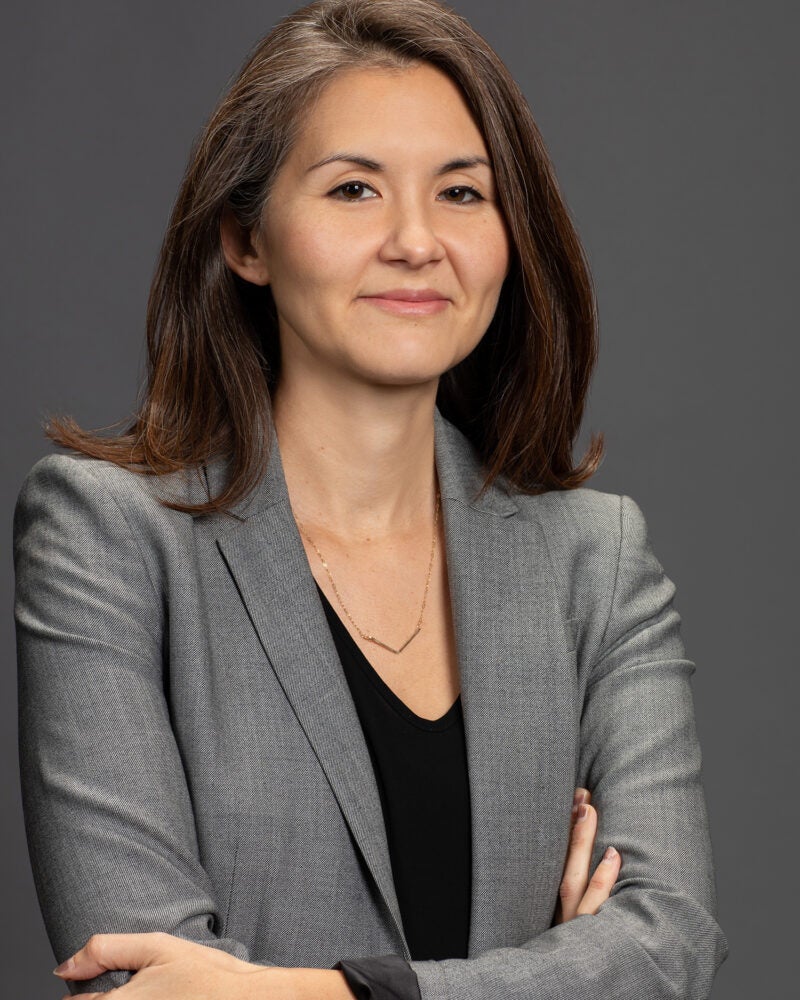
Beatrice Lindstrom
Senior Clinical Instructor; Lecturer on Law
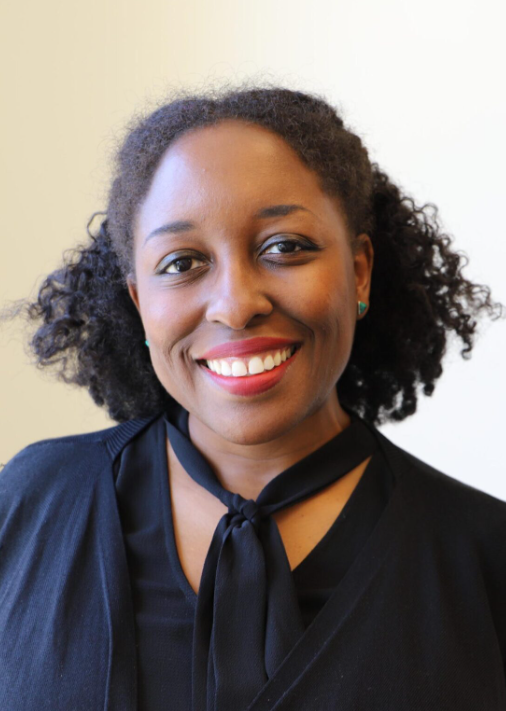
Aminta Ossom
Senior Clinical Instructor; Lecturer on Law
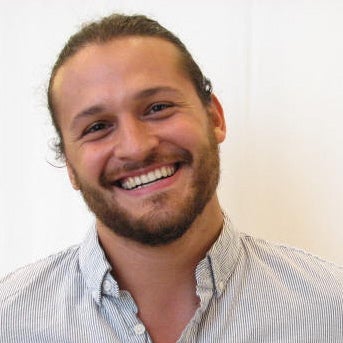
Daniel Levine-Spound
Clinical Instructor, Supervising Attorney of HLS Advocates for Human Rights; Lecturer on Law
Staff Members
| Kelsey Ryan | Program and Communications Manager | keryan@law.harvard.edu |
| Sanjana Nayak | Program Assistant | snayak@law.harvard.edu |
In the News
-
“Killer Robots’ Threaten Human Rights During War, Peace
Autonomous weapons systems pose grave risks to human rights during both war and peacetime, the International Human Rights Clinic and Human Rights Watch said in a recently released report. Governments should tackle the concerns raised by such weapons systems, known as “killer robots,” by negotiating a multinational treaty to address the dangers.
May 12, 2025
-
International Human Rights Clinic Submits Legal Memorandum to Ukraine’s Office of the Prosecutor General
Russia’s Aerial Attacks on Ukraine Amount to Crimes against Humanity and War Crimes, Perpetrators Must Be Held Accountable, According to Clinic’s Factual Investigation and Legal Analysis.
May 2, 2025
-
New Q&A Released to Aid Discussions on Civilian Protection from Explosive Weapons
Human Rights Watch and Harvard Law School’s International Human Rights Clinic recently released a new question-and-answer document on the use of explosive weapons in populated areas. The paper was published in advance of a regional meeting on the topic, held in Johannesburg, South Africa, from February 27-28, 2025.
March 7, 2025
-
Clinic Releases Key Recommendations for TPNW Trust Fund
IHRC has published new recommendations for designing an international trust fund on victim assistance and environmental remediation under the Treaty on the Prohibition of Nuclear Weapons (TPNW).
February 28, 2025